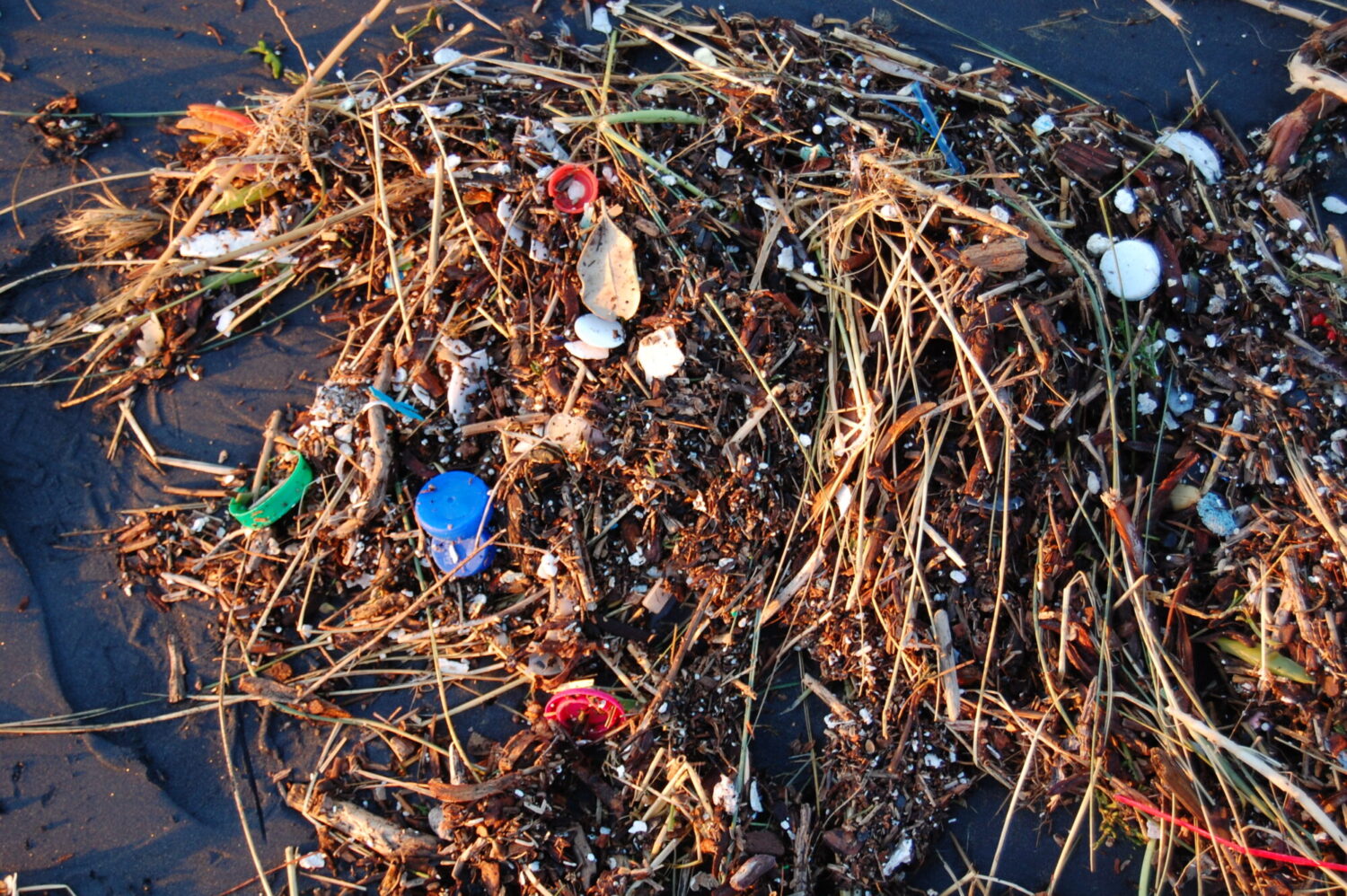
Microplastics, while tiny in size, are not a micro-problem.
Microfibers, a form of microplastic pollution, shed from synthetic textiles, including our favorite outdoor and active wear, and are becoming increasingly present in California’s waterways and ocean.
Once in our ocean and waterways, marine animals and other wildlife can ingest the microfibers, causing starvation and reproductive issues. These synthetic microfibers do not biodegrade, can bind with chemical pollutants in our waterways before making their way up the food chain, and ultimately be ingested by humans.
The statistics are startling. One UC Davis study sampled seafood sold at local markets in Half Moon Bay, California, and found that one-quarter of the fish and one-third of the shellfish contained plastic debris. And a survey comparing tap water across five continents found synthetic microfibers in almost every sample — and in 94% of samples in the United States.
In the San Francisco Bay alone, data from a recent study showed that billions of fibers enter the Bay annually through wastewater treatment systems. While up to a trillion rubber fragments wash into the Bay from nearby cities and streets, the vast majority of all microplastics found ingested by fish were fibers, indicating that an all-of-the-above approach is needed to manage this pervasive micro pollution.
This is why California Coastkeeper Alliance is excited to partner with Assemblymember Laura Friedman to sponsor Assembly Bill 622 to require filtration devices in all new washing machines sold in California by 2024.
Washing machines are a primary point of entry for microfibers into our waterways – and fortunately, ultra-fine particle capture devices already exist to prevent microfibers from entering our rivers, lakes, and ocean. These filters are affordable, have the ability to capture 90 percent of all microfibers, and reduce the flow of microfiber pollution into our waterways.
AB 622 is one step in CCKA’s three-pronged approach to tackle microfiber pollution and reduce the microfibers that flow daily into our waterways and ocean.
To stay informed and to learn more, consider subscribing to CCKA’s monthly newsletter or following us on social media: @CA_Waterkeepers.

Policy Manager Kaitlyn Kalua represents CCKA and its member Waterkeepers in state regulatory and legislative forums to advance statewide water policy.



